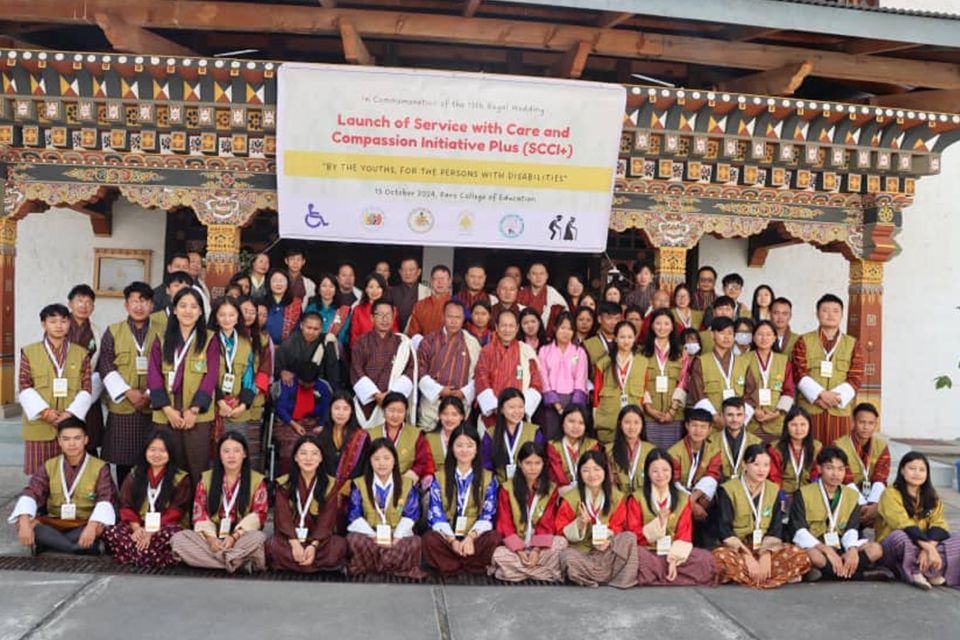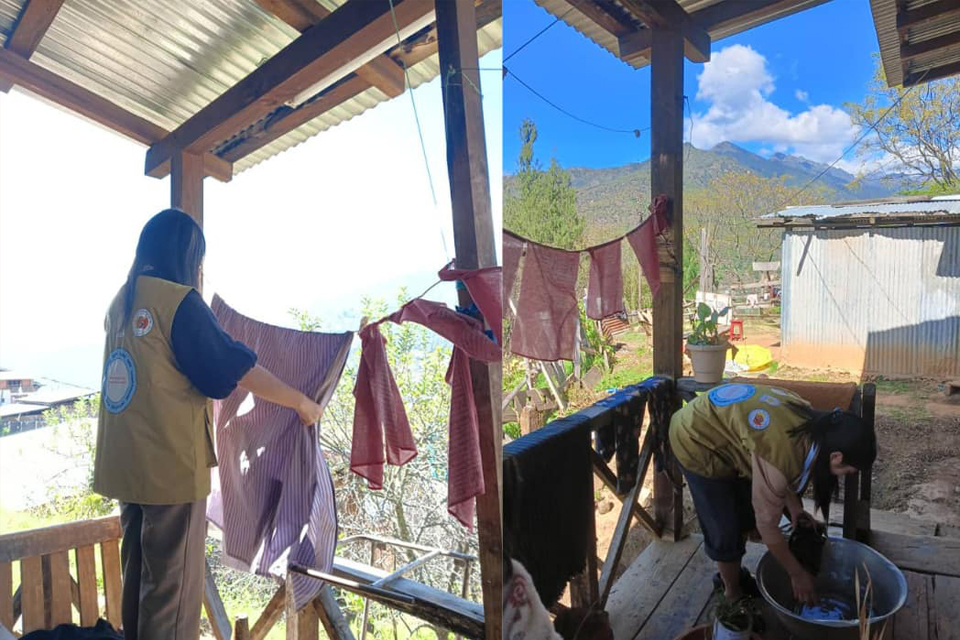Old Age Monitoring
In 1999, during the International Year of Older Persons, WHO launched a new campaign highlighting the benefits of Active Ageing? According to Dr. Gro Harlem Brundthland, Director General of WHO, “there is much the individual can do to remain active and healthy in later life. The right life style, involvement in family and society and a supportive environment for old age all preserve well being. Policies that reduce social inequalities and poverty are essential to complement individual efforts towards Active Ageing.”
Activity theory (Havighurst, 1961) proposes that successful ageing occurs when older adults stay active and maintain social interactions. There is a positive relationship between the activity and life satisfaction. The quality of life (Lawton, 1969) encompasses three domains viz., physical health, psychosocial well-being and social relationships and networks. According to health professionals, elders who are part of social or work group fare much better in terms of physical and emotional well-being. The solution could be formation of small groups and work together on social useful projects which not only benefits society but is of immense benefit to the elders themselves as it keeps them socially engaged and imparts a sense of self-worth. Which is why, RSSC advocates active ageing programmes.
Activity theory (Havighurst, 1961) proposes that successful ageing occurs when older adults stay active and maintain social interactions. There is a positive relationship between the activity and life satisfaction. The quality of life (Lawton, 1969) encompasses three domains viz., physical health, psychosocial well-being and social relationships and networks. According to health professionals, elders who are part of social or work group fare much better in terms of physical and emotional well-being. The solution could be formation of small groups and work together on social useful projects which not only benefits society but is of immense benefit to the elders themselves as it keeps them socially engaged and imparts a sense of self-worth. Which is why, RSSC advocates active ageing programmes.





